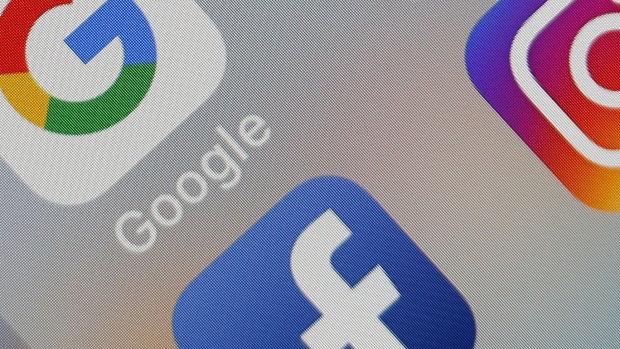
Millennial money: Watch for debt collectors, scams on social media
BNN Bloomberg
In late 2021, rule changes under the Fair Debt Collection Practices Act went into effect that specify how third-party debt collectors can communicate through social media, email and texts.
Social media is where you watch cooking videos, gaze at photos of dreamy travel destinations and doomscroll through endless news headlines. Now, sites like Instagram, Facebook and Twitter could also be where debt collectors slide into your DMs.
In late 2021, rule changes under the Fair Debt Collection Practices Act went into effect that specify how third-party debt collectors can communicate through social media, email and texts.
Consumer advocates like April Kuehnhoff, a staff attorney at the National Consumer Law Center, are concerned that these rules could lead to confusion and an uptick in scams.
"It's much cheaper to use electronic communications to reach out to more people. We'll see a rise in the number of illegitimate actors who are impersonating debt collectors and emailing, direct messaging or texting people in an attempt to get them to pay money for debts that they don't actually owe," Kuehnhoff says.
Spotting the signs and knowing your rights can help you guard against unfair and fraudulent debt collection practices. Here's what to watch for and how to stay safe as you sift through notifications.
